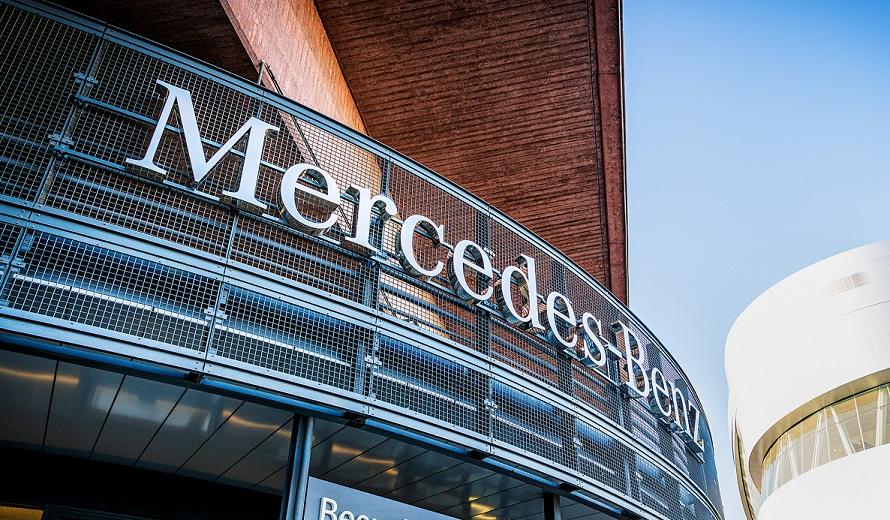
Mercedes-Benz announced an update to its sustainability strategy, with the company shifting to focus on a set of six key strategic environment, social and corporate governance topics assessed to have a significant impact on the company’s stakeholders and society.
The new focus areas, presented at the company’s 17th Mercedes-Benz Sustainability Dialogue, include Decarbonisation, Resource Use & Circularity, Employees, Human Rights, Digital Trust and Traffic Safety.
According to Mercedes-Benz, the selection of the focus sustainability areas followed a multi-stage strategy and analysis process involving internal and external stakeholders, in addition to a materiality analysis aligned with the requirements of the EU’s new Corporate Sustainability Reporting Directive (CSRD) and its underlying European Sustainability Reporting Standards (ESRS).
Renata Jungo Brüngger, Member of the Board of Management of Mercedes-Benz Group AG with responsibility for Integrity, Governance & Sustainability, said:
“We want to make the greatest possible impact with what we do. In our six sustainability focus areas we can make a real difference. They cover environmental, social and corporate governance topics that are highly relevant both today and in future – for us as a company, for many of our stakeholders and ultimately for society as a whole.”
Each of the focus areas includes specific targets and sustainability indicators in a company-wide scorecard, with Mercedes-Benz pledging to continuously review the system, and to include the key indicators as part of the company’s annual sustainability reporting.
Among the key targets for the Decarbonization area is its Ambition 2039 goal to make its fleet of new passenger cars net carbon neutral over the entire vehicle lifecycle and at all stages of the value chain by 2039, with the company’s initiatives in this area focused largely on vehicle electrification, as well as on increased use of recycled materials, deployment of renewable energy in production processes, and the use of renewable energy sources for vehicle charging.
In the area of Resource Use & Circularity, Mercedes-Benz said that is “pursuing the goal of increasingly decoupling resource consumption from output growth, with a focus on the efficient use of resources and on closing the material cycle, while significantly reducing waste, energy consumption, and resource use at its sites.
Other key initiatives highlighted by the company in its sustainability focus areas include a goal to invest over €2 bn in training its employees by 2030 as part of its Sustainable People Plan, following a risk-based approach to identify potential human rights risks at an early stage and counter them with appropriate measures, strengthening the responsible use of digital innovations, such as its principles for the responsible use of artificial intelligence, and supporting the EU’s Vision Zero to halve the number of road fatalities by 2030, compared with 2020, and eliminate them completely by 2050.
Brüngger added:
“The aim is to anchor sustainability even more firmly in our operational business. This is the only way we can achieve lasting improvements.”


